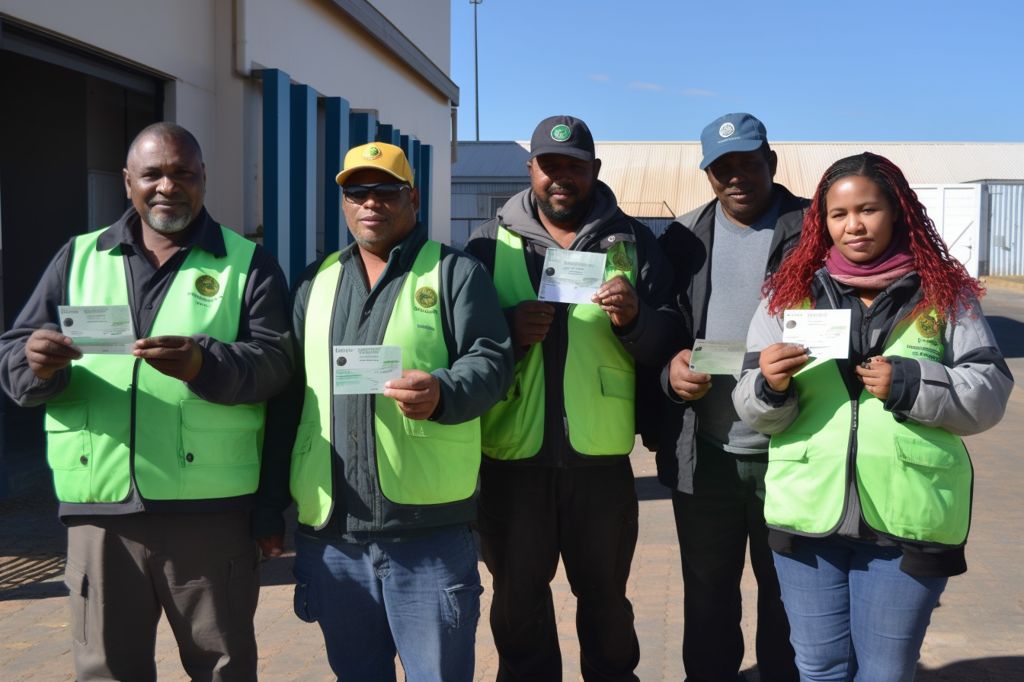The Minister of Finance Enoch Gondongwana presented the National Treasury of South Africa’s Budget Vote for the 2023/24 financial year, highlighting the government’s efforts to foster higher and more inclusive economic growth, address fiscal vulnerability, and stabilize public finances. The total allocated budget for the National Treasury amounts to R34.9 billion, with 85% allocated to transfers and subsidies.
Rebuilding the South African Revenue Services (SARS) and Encouraging Economic Growth
The South African Revenue Services (SARS) has shown a net tax revenue growth of 7% per annum since 2019, marking a significant rebound from the period of low public trust in the institution. Public trust in SARS increased from 48% in 2018 to 66% in 2023. This improvement is partly attributed to reforms aimed at boosting transparency, accountability, and service delivery.
In response to the ongoing electricity crisis, the government has taken several measures, such as assuming R254 billion of Eskom’s debt, conditional write-off of the debt owed by municipalities, and introducing tax incentive measures to support rooftop solar. Also, changes to the Bounce Back Loan Guarantee Scheme incentivize rooftop solar investments, which may alleviate some of the power supply challenges faced by households and businesses.
Streamlining Procurement and Transforming the Economy
The upcoming Public Procurement Bill aims to modernize South Africa’s procurement system. The bill leverages the procurement system to advance economic opportunities for historically disadvantaged individuals and stimulate local production. The proposed legislation will also address recommendations from the Zondo Commission to prevent corruption, collusion, and bid-rigging in public procurement. This bill should increase efficiency and transparency in government spending, promoting a more competitive and inclusive economic environment.
Trade-offs and Addressing Fiscal Challenges
The National Treasury acknowledges the need to manage the public sector wage bill, set to rise to over R760 billion in 2025/26. The recent wage agreement has increased pressure on the wage bill, requiring the National Treasury to identify R37.4 billion in savings for the current financial year. This may involve difficult trade-offs, including rationalizing staffing levels and employing headcount management strategies. These measures aim to ensure fiscal sustainability and maintain the credibility of public finances, crucial for investor confidence and economic stability.
Spending Priorities, Reviews, and Managing Municipal Finances
The Treasury conducted spending reviews highlighting potential inefficiencies of R27 billion across programs, allowing the government to reallocate spending to prioritize pressing issues. This reallocation of resources demonstrates the government’s commitment to ensuring that public funds are used efficiently and effectively.
To restore the integrity of the municipal sector, Treasury has placed 25 municipalities under mandatory intervention, while three municipalities are subject to intervention under S139(7). These interventions aim to support struggling municipalities by building capacity and improving financial management, ensuring the delivery of essential services to communities.
Supporting Employment and Regional Development
National Treasury continues to support South Africa’s unemployed, particularly young people, through schemes such as the Employment Tax Incentive and the Jobs Fund. These initiatives aim to address the high levels of youth unemployment, a pressing social and economic challenge in the country.
As the chair of the BRICS group in 2023, South Africa will use its position to highlight efforts to revive and reform the global economy in a more equitable manner. The country will particularly focus on trade links with the region and other parts of the world, strengthening regional cooperation and promoting economic growth in both South Africa and the wider region.
In summary, the National Treasury’s budget vote for the 2023/24 financial year emphasizes the government’s commitment to addressing South Africa’s economic challenges, fostering inclusive growth, stabilizing public finances, and addressing fiscal vulnerabilities. The success of these efforts will depend on the collaboration of various departments, the commitment to difficult trade-offs, and the continued support of the South African people. Ultimately, these initiatives aim to promote long-term prosperity and a more inclusive and resilient economy for all.












